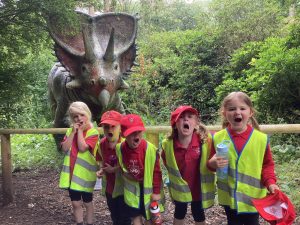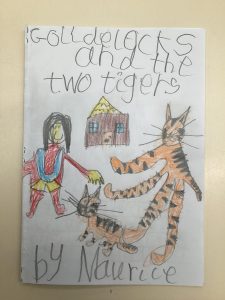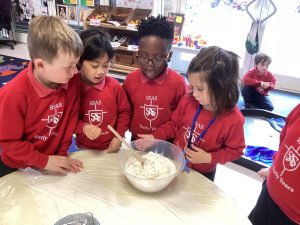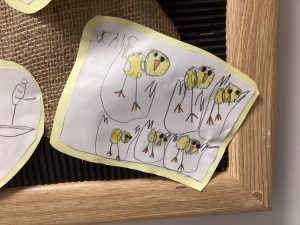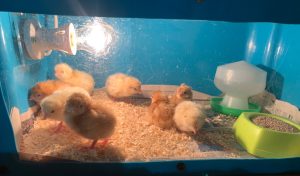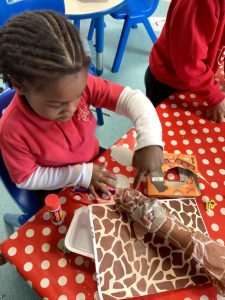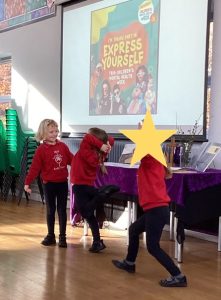Welcome to Reception
Welcome to Reception, where we strive to give children the best start in life. We have 12 curriculum ambitions of what we want the children to become by the end of their journey with us in Reception. The skills and knowledge that we want the children to learn have been carefully planned to ensure clear progression from the beginning of Nursery to the end of Reception. By the end of Reception we want our children to…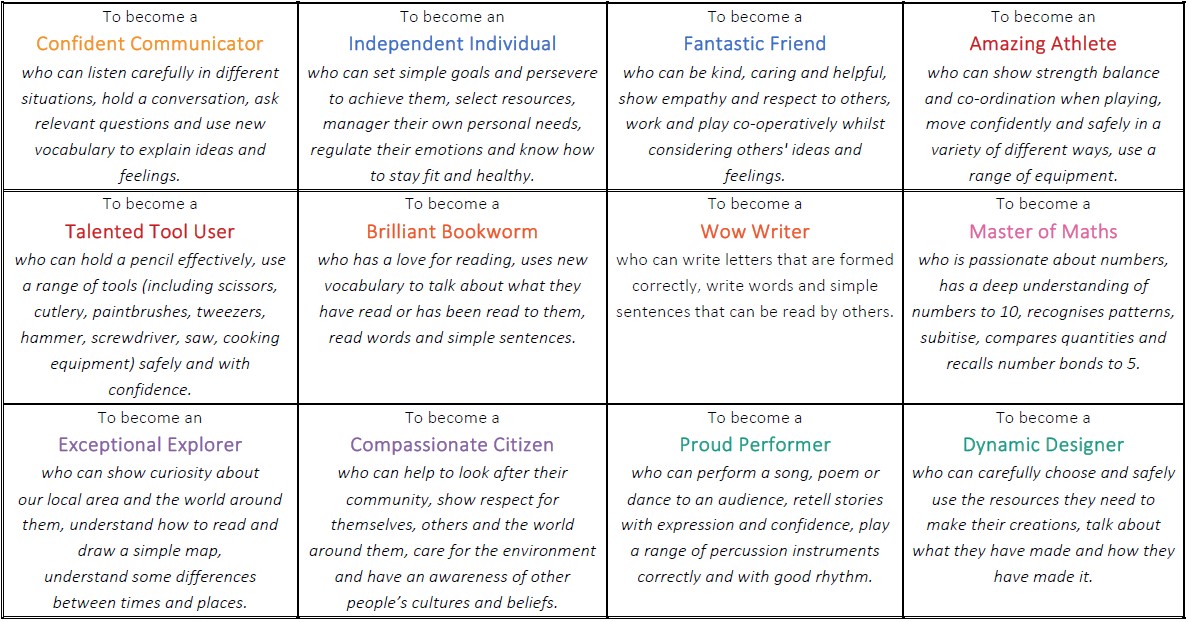
Please find below all the information you need to get an insight into how our exciting Early Years Curriculum plans to support our children in becoming the best they can be…
Reception
Foundation Stage Leader – Mrs Smith
Class – Seedlings
Teacher – Miss Rowson
Support – Mrs Lobue
Class – Blossoms
Teacher – Mrs Duffey / Mrs Cooper
Support – Mrs Ramdani
Supporting both classes
Mr Wallace – PE
Mrs Flatt – Music
Class times
Doors open: 8:45am
Doors close: 8.55am (after 9.00am – please sign in at the office)
Finish: 3:05pm
Curriculum Overview
Reception 2024-25 Curriculum Map
Half-Termly Topic Overview
Autumn 2 Overview – Let’s Celebrate
Spring 1 Overview – Poles Apart
Spring 2 Overview – Amazing Animals
Summer 1 Overview – Into The Woods
Skills Progressions
Reception Maths Skills Progression
Learning Zones Progressions
Parent Meetings/Workshops
Reception Parent Welcome Meeting September 2023

